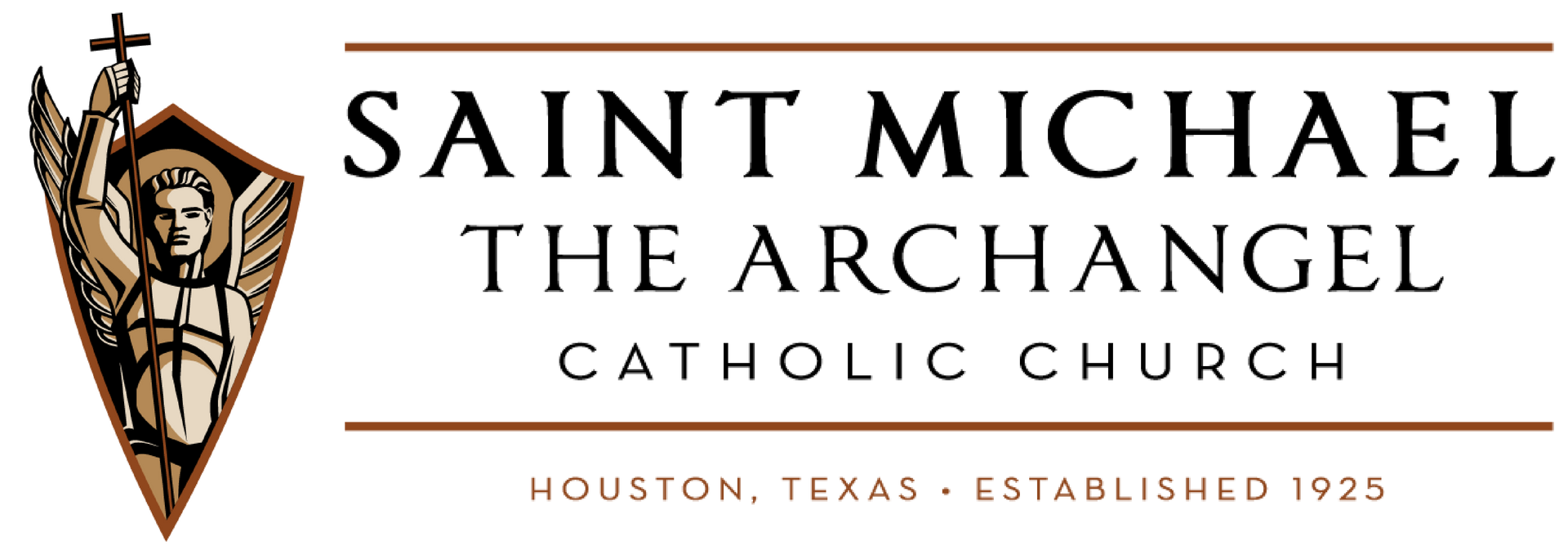Vatican News
VATICAN STATEMENTS ON SOCIAL JUSTICE
Today’s democratic societies . . . call for new and fuller forms of participation in public life by Christian and non-Christian citizens alike. Indeed, all can contribute, by voting in elections for lawmakers and government officials, and in other ways as well, to the development of political solutions and legislative choices which, in their opinion, will benefit the common good. —Congregation for the Doctrine of the Faith, Doctrinal Note on Some Questions Regarding the Participation of Catholics in Political Life, no. 1
By fulfilling their civic duties, guided by a Christian conscience, in conformity with its values, the lay faithful exercise their proper task of infusing the temporal order with Christian values. . . . The consequence of this fundamental teaching of the Second Vatican Council is that the lay faithful are never to relinquish their participation in ‘public life,’ that is, in the many different economic, social, legislative, administrative and cultural areas, which are intended to promote organically and institutionally the common good. —Congregation for the Doctrine of the Faith, Doctrinal Note on Some Questions Regarding the Participation of Catholics in Political Life, no. 1
It must be noted also that a well-formed Christian conscience does not permit one to vote for a political program or an individual law which contradicts the fundamental contents of faith and morals. The Christian faith is an integral unity, and thus it is incoherent to isolate some particular element to the detriment of the whole of Catholic doctrine. A political commitment to a single isolated aspect of the Church’s social doctrine does not exhaust one’s responsibility towards the common good. —Congregation for the Doctrine of the Faith, Doctrinal Note on Some Questions Regarding the Participation of Catholics in Political Life, no. 4
The Church] does not wish to exercise political power or eliminate the freedom of opinion of Catholics regarding contingent questions. Instead, it intends—as is its proper function— to instruct and illuminate the consciences of the faithful, particularly those involved in political life, so that their actions may always serve the integral promotion of the human person and the common good. —Congregation for the Doctrine of the Faith, Doctrinal Note on Some Questions Regarding the Participation of Catholics in Political Life, no. 6

